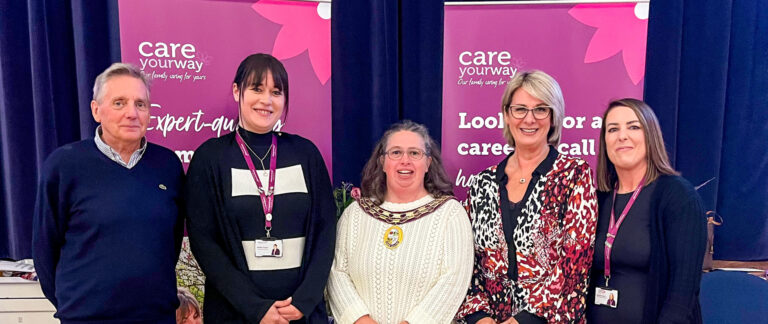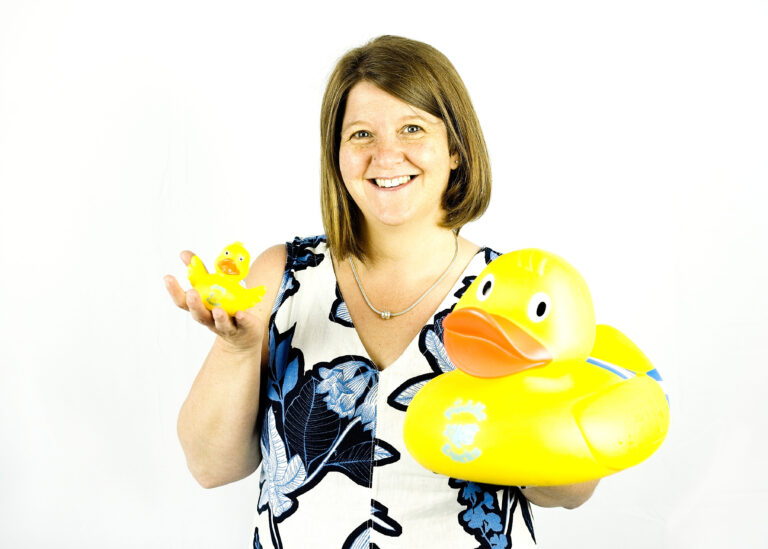The Franchisee Network Spotlight Interview – Robin Arkle
Robin Arkle is a franchising veteran, having opened the doors to his first franchise business in 1990. After five years as a Kall Kwik franchisee providing print solutions to his local community, he sold up and invested in a McDonald’s franchise in 1996. Four years later, he sold the business back to McDonald’s before embarking on a 14-year partnership with Costa Coffee in 2004.
Along with a business partner, Robin built up a portfolio of 57 Costa stores along the South Coast, employing in excess of 600 staff, before exiting the business in October 2018.
He talks to The Franchisee Network about the realities of selling a large multi-unit operation and his future within the industry.
Focusing on your Costa portfolio, at what point did you start thinking about your exit strategy? Was it a primary consideration for you when you were looking at the franchise agreement for the first branch?
No, not at all. Honestly, when we initially invested I thought we were going to be in it for the long haul. My business partner and I set out with the goal to build a business that we could pass down to the next generation, as many people do.
When we first started out, I don’t think either of us thought the business would grow as big as it did. We ended up with 57 stores – 49 of which we opened from scratch and 8 resales. – and, in reality, I think we grew a bit complacent and assumed that the good times would carry on forever.
However, the British coffee market has become increasingly competitive and, a couple of years ago, things began to slow down for us. Couple that with the squeeze on margins with the rise in the minimum wage, and the fact that both of our daughters decided to take a different path, and it just felt like the right time to cash in our chips.
Once you’d made the decision to sell, how involved were Costa in the process?
They don’t currently have the structures in place to help facilitate resales or make introductions to potential buyers, so it was up to us to find a suitable candidate. They do, however, have a right of pre-emption, so once we had a sale lined up they had the opportunity to match the offer.
As the industry matures and more multi-unit portfolios come up for sale, I expect franchisors will become more actively involved in the resale process and this can only be a good thing.
So how did you go about setting the wheels in motion?
Given the size of the portfolio, we knew it would take some time to sell so we had to plan our exit quite carefully. In the end, there were two aborted attempts before we reached a deal with a third buyer – it took nearly two years.
When the first sale fell through we were rather surprised. We thought we’d be able to manage it ourselves without a corporate finance broker and were rather exposed as not having the experience to negotiate at that level. The business really was our baby, so it was difficult to separate the commercial from the personal.
After that, we instructed a broker to negotiate on our behalf and that was much simpler.
How did you go about lining up potential buyers?
Once our broker got involved, he pulled together an information memorandum to summarise the business proposition. He then distributed that to his contacts, and at the same time we actively introduced ourselves to other potential investors. As it happened, it was actually another Costa franchisee that we knew quite well that purchased the business.
It was at this stage that the broker really became invaluable. For any buyer, it is an impersonal business negotiation but for us it was not. When you are talking about things like the people that have become an integral part of your business, having a third party who is there to facilitate the discussion makes the whole process much smoother.
Did you aim to sell the entire portfolio to one buyer or were you willing to divide it up?
We wanted to sell it as a whole, but given the investment that would require – and that it would rather reduce the pool of potential buyers –we were willing to divide it up if need be.
There was a fairly natural division between the Devon branches and the rest that would have allowed us to split it into two. In the end, it wasn’t really an issue – the serious buyers were only interested in the whole portfolio, so that was quite fortuitous.
Based on your experience, is there any advice you’d give other franchisees?
Firstly, you need to be thinking about your exit strategy from the get go. Regardless of whether you are signing up to five, ten or 20 years, a good franchisor should be saying this to its franchisees to ensure that the business structure is sound for sale. Having said that, if you are already operational there is still plenty you can do. For example – I focussed on making sure the accounts were as clean as possible to make it as simple for someone coming in to understand exactly what they were buying. Stripping out any hidden costs and ensuring the books are completely transparent can take some time, so it is a good practice to get into well in advance.
Looking forward, if you were to do it all again, is there a particular sector you’d invest in and why?
I think healthy fast food is likely to be the next major trend. You only have to spend 5 minutes in central London to see that healthier options are popping up on every corner and inevitably those trends will filter out to all areas of the UK.
I reckon I still have a few miles on the clock, so I’m definitely considering it! I would probably approach it slightly differently though. Last time I was very much involved in the day-to-day running of the store …next time round, I’d hire a good manager to oversee it instead and enable them to grow the business with me.
Why do you think that something like The Franchisee Network is important?
I think it is hugely important. I don’t think I am alone in saying that once we were up and running and making money, I was less likely to look outward for advice, which – in hindsight – I perhaps should have sought. To my mind, the more advice and resources that are available to franchisees, the better.
What is The Franchisee Network?
The Franchisee Network is a new initiative designed to help existing franchisees build connections with other business-owners from a diverse mix of franchise brands. It will allow you to learn from and collaborate with like-minded entrepreneurs as you navigate the challenges of running your own business. Find out more about joining The Franchisee Network here.




